In an appeal to environmentally conscientious investors, Turkey issued a US$2.5 billion green bond last month, attracting a rush of global interest and selling to investors predominantly in the United States, the United Kingdom, or Europe. A green bond is a financial instrument—and a category of socially responsible “ESG” investment—used to raise capital for environmentally sustainable projects.
It all coincided with a tough reelection campaign for Turkey’s president, Recep Erdoğan, whose rule has become increasingly autocratic since he took office in 2014: After a coup attempt in 2016, Erdoğan purged his critics from the judiciary, military, police forces, civil service, universities, and news media. The U.S.-based Freedom House—whose annual report is broadly considered a gold standard on political liberty in the world—has meanwhile downgraded Turkey’s ranking from Partly Free to Not Free; and the Committee to Protect Journalists now considers it the planet’s fourth-worst jailer of reporters, behind Iran, China, and Myanmar. So why are socially responsible Western investors now bankrolling Turkey’s government with an ESG bond?
Marcos Buscaglia is the founding partner of the consultancy Alberdi Partners, the former head of Latin American economic research at Bank of America Merrill Lynch, and the author of the forthcoming Beyond the ESG Portfolio: How Wall Street Can Help Democracies Survive. To Buscaglia, the answer is that for every ethical issue they may be thinking about, they’re not thinking about democracy—and for these investors, that may end up being more than an ethical problem.
This article is part of a series in partnership with the Human Rights Foundation. Buscaglia will be a speaker at the Oslo Freedom Forum in June.
John Jamesen Gould: Let’s start with the technical question: What are ESG investments, exactly, and how do they work?
Marcos Buscaglia: The idea of socially responsible investment—the idea that ethical considerations, beyond financial returns to shareholders, should also govern investment decisions—has been a theme forever. In the West alone, there’ve been major campaigns in recent decades to promote divestment from Apartheid South Africa, for example, or from tobacco companies.
ESG indexes are different in the sense that they represent a whole new layer of investment analysis. They say, yes, investors will want to consider all the customary factors—financials, product-market fit, projected cash flows, and so on—but they can now also look systematically at other factors that help them align their investments with their values.
The framework for these indexes is called “ESG” for Environmental, Social, and Governance. Essentially, the framework evaluates the sustainability and broader ethical impact of an investment. Environmental factors include things like carbon emissions, resource usage, and waste management; social factors, things like a company’s relationships with its employees, customers, or communities—including labor practices, diversity and inclusion, and so on; governance focuses on things like leadership, transparency, and accountability in decision-making processes.
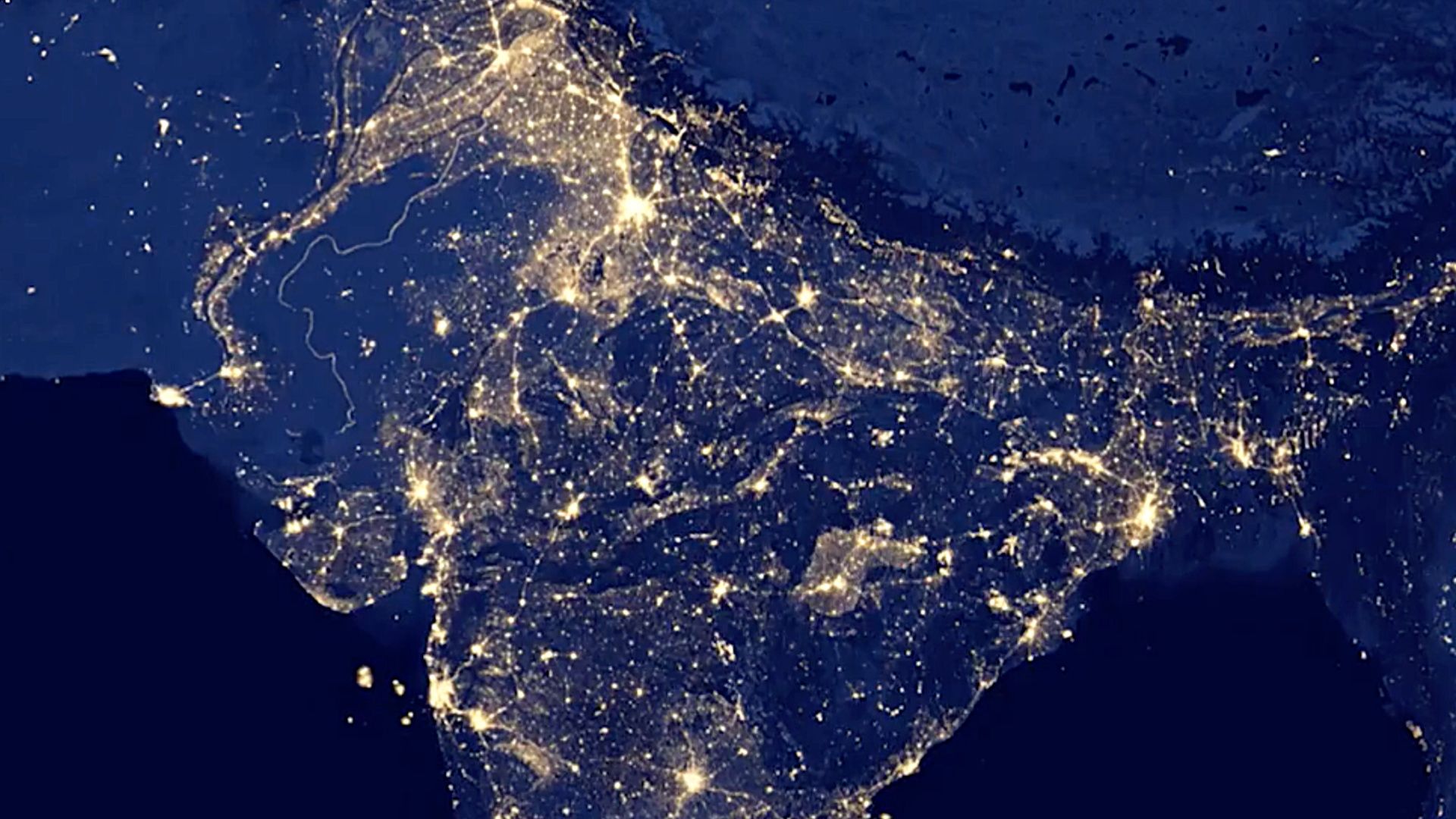
Gould: Thinking about Turkey’s big green bond, then, what’s the problem there—assuming it’s marked for legitimate green initiatives? Investment going to those is good, no?
Buscaglia: There are two problems. One is with what we know: This bond supports an autocratic regime. It’s a government bond, issued by an autocracy. I like green bonds, you know, but I don’t like that.
The second is with what we don’t know: Just over a month before an election everyone thought Erdoğan would lose, his government issued the equivalent of $2.5 billion. Then, he won and forced a runoff election, happening this weekend. We know Erdoğan’s campaign was spending like crazy, but we don’t really know what money was flowing into it.
Like many countries where democracy is weak, Turkey formally holds elections, but it doesn’t have liberal rights or the rule of law, or transparency in any sense that would allow us to see where all the money from its green bond is going. And of course, money is fungible—so even if it was properly directed to green projects in this case, it would also have liberated funds from the budget of a government that’s under the control of a ruthless autocratic leadership. Either way, this big green bond ends up being a big greenwash.
We know Erdoğan’s campaign was spending like crazy, but we don’t really know what money was flowing into it.
Gould: Because Turkey is autocratic, we know its green bond is supporting autocratic rule; and also because it’s autocratic, there’s lots we don’t know about how the bond is supporting autocratic rule.
Buscaglia: Exactly.
Gould: How have considerations related to democracy figured into ESG ratings, then?
Buscaglia: Virtually not at all. If we look at books about ESG, the word democracy almost never appears in them. If we look at research papers related to ESG, the word is likewise very difficult to find. Sibling language like human rights will appear every now and then. But democracy is almost completely absent. Basically, ESG does not take democracy into account.
We’re talking about Turkey’s green bond as an example of what can happen with the exclusion of democratic considerations from ESG ratings. Here’s another—to me, very striking—example: J.P. Morgan has indexes of government bonds that are very popular, very widely tracked. They’re very good. And they include ESG-corrected indexes. The day Russia invaded Ukraine, Russia had a bigger share in J.P. Morgan’s ESG-corrected index than it did in the non-ESG-corrected one. So as an investor in government bonds looking at J.P. Morgan’s indexes, you’d have ended up with more Russian bonds if you’d taken ESG considerations into account than if you hadn’t.
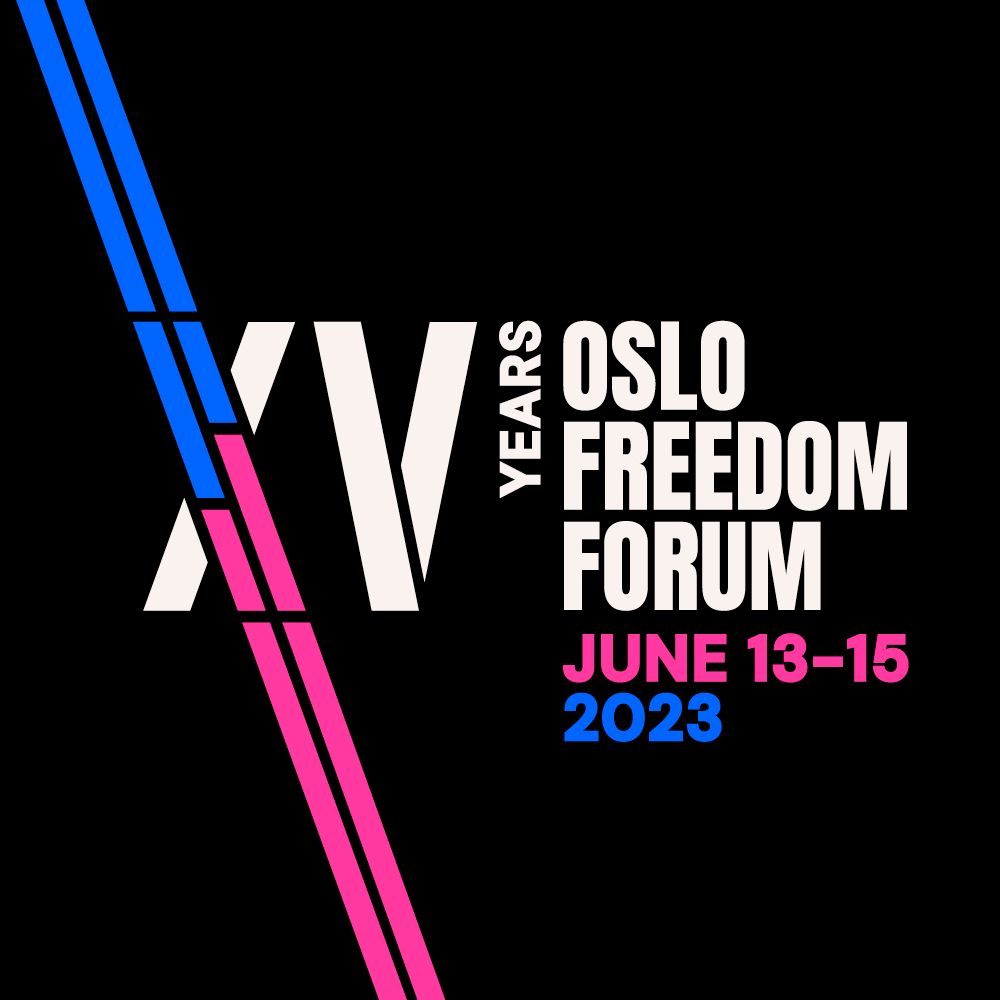
And I don’t blame J.P. Morgan here, because to construct their index, they use ESG scores provided by other companies—and these ESG scores don’t correct for democracy.
Gould: And why hasn’t democracy figured more prominently in ESG scores?
Buscaglia: The short answer is, I don’t know. But I think it’s conspicuous that no one has yet raised the question very clearly. And it can be hard to know the answer to a question no one’s asking. But to date, there’s been no real investor backlash on the issue of democracy. And there’s also been—I think it’s important to note—an assumption among investors that autocracies are generally less messy than democracies, that they’re more orderly, and that they ultimately deliver better returns. So if those returns come at some cost in terms of democratic standards or the preservation of human rights, investors have been inclined to look away.
Of course, people talk all the time about democracy, and they talk all the time about ESG. But they’ve been completely separate conversations. There’s been a huge number of books published about democracy over the last five years; but in the financial industry, you seldom see the topic come up.
If we look at books about ESG, the word democracy almost never appears in them.
So after Russia invaded Ukraine, plenty of people in the industry said, Wow, this is a problem. But those people won’t be able to create a solution to that problem, in the way ESG was intended as a solution to the environmental problem, if they can’t see the question of democracy at the heart of it.
Gould: How would you advocate for integrating democracy into ESG standards? You raise the issue of transparency in relation to Turkey, but is there a broader case for investing in democracies from a purely financial perspective?
Buscaglia: There’s no research consensus on the question, no. Not yet. But there’s a good thesis, which is: If you buy stocks in an economy that grows fast, you’ll do better than if you buy them in an economy that grows less fast. The same is true for government bonds. A government overseeing an economy that’s growing rapidly will have a greater capacity to repay you than a government overseeing an economy that’s growing slowly. And an economy overseen by a democratic government will grow more rapidly than an economy overseen by an autocratic government.
Now, what’s the proof for this thesis? Winston Churchill once said that if he asked one question to three different economists, he’d get four different answers.
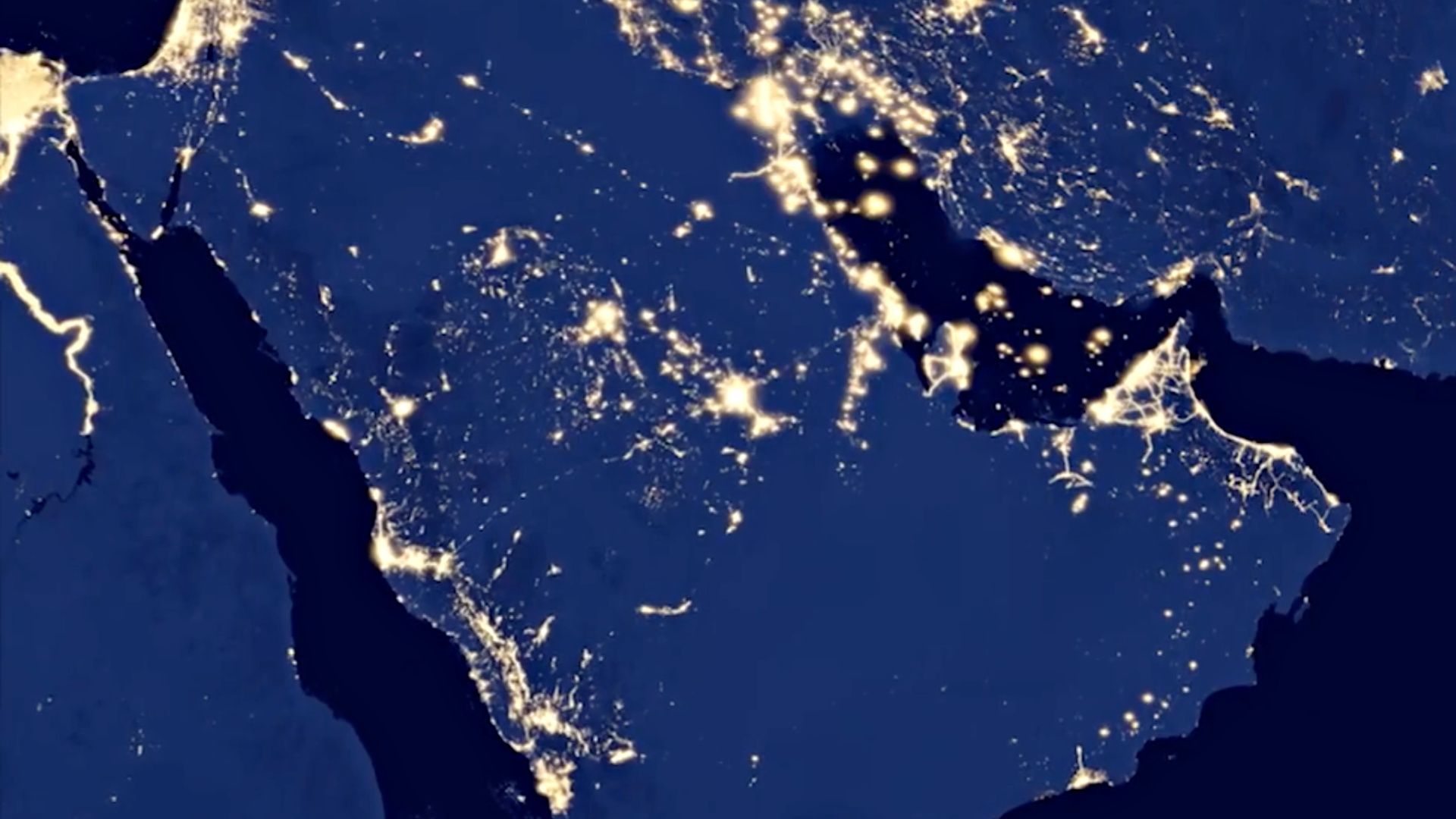
But in this instance, there’s a strong case. Luis Martinez of the University of Chicago looked around the world at the relationship between nighttime luminosity—the lights from cities that satellite imaging can pick up—and gross domestic product, GDP, the standard indicator of economic growth. Martinez looked at data from 184 countries over 20 years, and then he compared it to data on democracy from Freedom House. And what he found was that autocratic regimes were on the whole overstating their GDP growth.
Gould: So if we go with the thesis, and think about integrating democracy into ESG standards, what would that look like? What would we be measuring?
Buscaglia: It’s a very good question. When we think about the environment—when, say, we’re evaluating the relative environmental impacts of two energy projects—we can turn to the hard sciences for clear answers. Let’s say one project is a coal mine and the other is a wind farm. Okay, we can call the scientists, and they can give us a fairly straightforward and accurate measure of the relative impacts.
With democracy, we can’t turn to the hard sciences; we have to turn to the social sciences, where answers are always more debatable and measurement is theoretically more difficult—because democracy is ultimately a continuous variable.
Autocratic regimes are on the whole overstating their GDP growth.
I mean, when does a country cease to be a democracy? That’s not an easy question to answer.
Fortunately, over the last few decades, we’ve developed more and more measures of democracy. Since the early 1970s, Freedom House has developed an index that measures it. This is the index Martinez used. Since 2006, the Economist Intelligence Unit has had a democracy index. We now have V-Dem—Varieties of Democracy—and several more. And what’s striking is that while these indexes aren’t always 100 percent aligned, they’re highly and consistently correlated—in fact, much more so than existing ESG scores are.
So while on the one hand, it’s not as easy to measure democracy as it is to measure carbon levels in the atmosphere, on the other, the people measuring democracy are very consistent with one another—especially at the far end of the spectrum. They may disagree subtly on whether Hungary is a democracy—or on what type of democracy it might be. But they won’t fundamentally diverge on it; they won’t fundamentally diverge on Venezuela; and none of them will tell you China is a democracy.
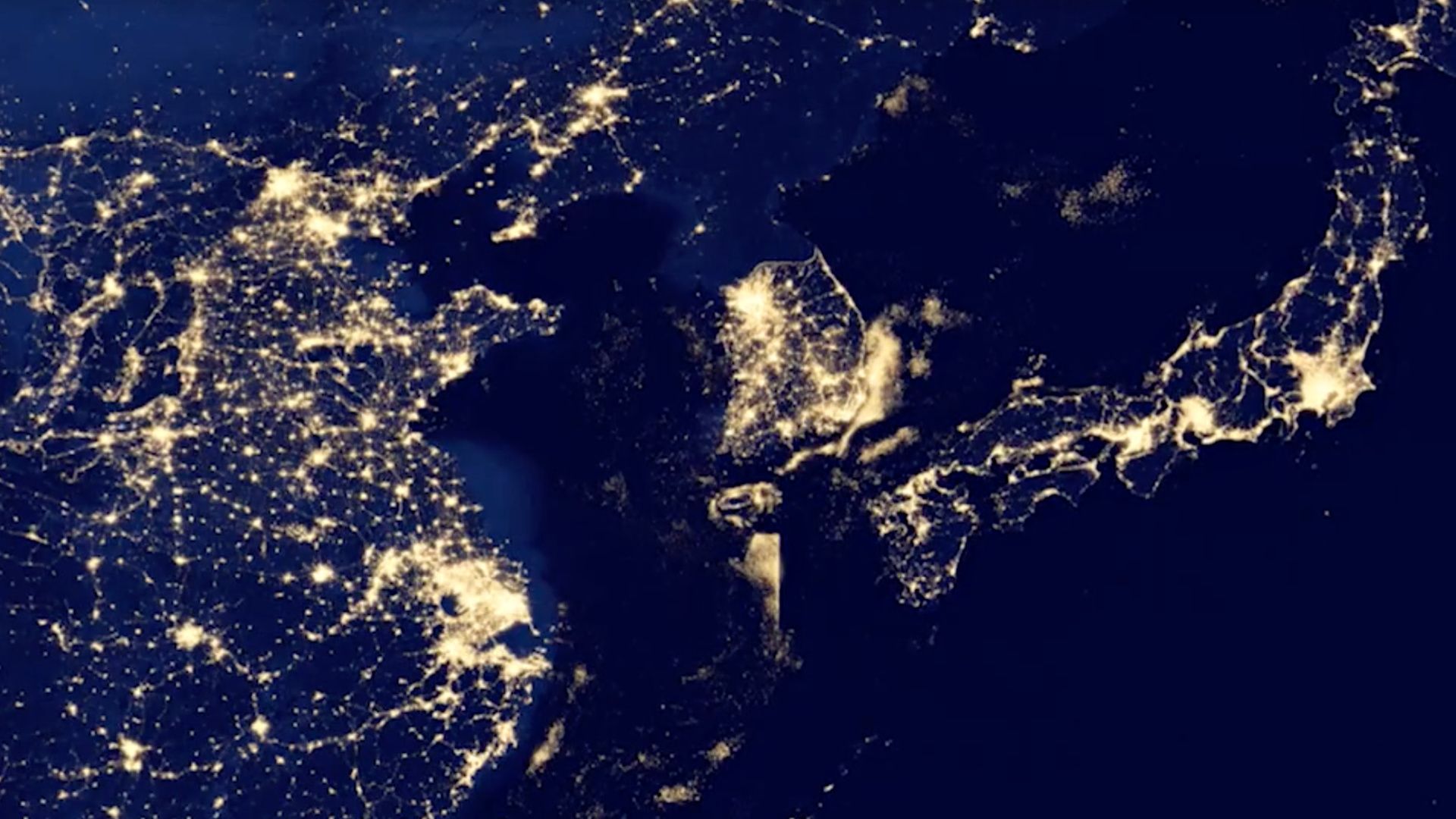
Gould: I get this argument in relation to government bonds. But what about in relation to individual corporations? Companies have environmental track records, they have social track records, they have governance track records—but they don’t have democratic track records. They don’t directly determine the democratic context they live in. If you’re a Chinese company, fate put you in the People’s Republic of China—right?
Buscaglia: That can be a more difficult call, to be honest. Maybe the owners of a particular company are independent of the political power; maybe they’re nice guys. Why should they be punished?
The question is even more complicated when you think about supply chains. Many companies depend on mining, for example—for copper, lithium, nickel, and other critical minerals—which is often in nondemocratic countries. Divesting from those companies for being exposed to nondemocratic economies in this way doesn’t necessarily make sense. It could be naive. So there’s a gray area where I wouldn’t have one answer. Still, I’d want to have as much transparency as possible on this kind of exposure—and in particular, on how much of it is unavoidable and how much is just cost reduction.
It can be a clearer call, though, when it comes to state-owned enterprises—like the energy corporation Gazprom in Russia, which Putin has used as a political weapon, both internally and externally; like PDVSA in Venezuela; like Aramco in Saudi Arabia.
While democracy indexes aren’t always 100 percent aligned, they’re highly and consistently correlated—much more so than existing ESG scores are.
Or the question can be difficult in a different way in the case of China, where the regulatory capacity of the state is so massive that you’d have to doubt whether there are really any private companies at all—in the sense that most companies in China, and certainly the big ones, have Chinese Communist Party cells inside them.
Gould: Given the historical relationship between economic development and political liberalization—which is a complex relationship, I know—do you think there could be any risk that integrating democracy considerations into ESG could have unintended consequences, leading to less economic development in nondemocratic countries—and from there, less political liberalization?
Buscaglia: Ultimately, ESG standards represent investor guidance. They don’t force anything. They enable investors to align their investments with their values. This would be as true in relation to democracy as it is in relation to the environment.
It’s a fair question, though. It picks up on Seymour Martin Lipset’s famous prediction about economic development correlating with democratic development. As Lipset’s critics have pointed out, that hasn’t happened across the board. It certainly hasn’t happened in China. Still, it’s fair to say, there’s a risk, which I wouldn’t want to deny.
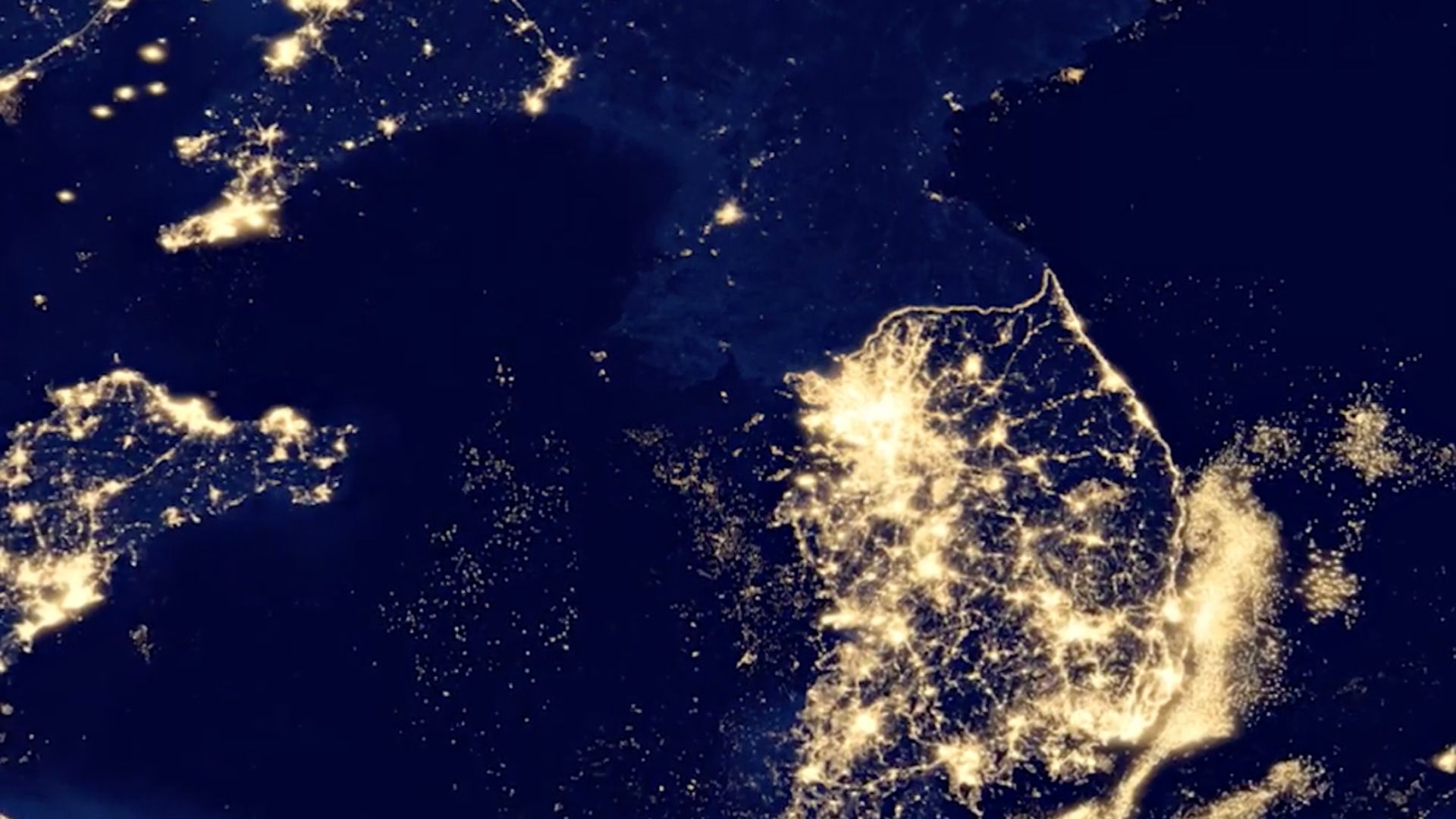
But let’s go back to the case of Erdoğan. The market has been financing him by buying Turkish government bonds. It’s punished these bonds at times by requiring higher interest rates when Erdoğan has implemented bad economic policies—not because of the deterioration of Turkish democracy. My question would be, could Erdoğan have survived this long in power if he hadn’t essentially had this kind of financing in hand?
Now if you look not just at Turkey but at Hungary or Russia, if you look at Argentina or Venezuela, if you look at the global pattern of populist autocrats taking power—typically after bad economic times—they tend to consolidate their power with economic policies that make them popular. Well, for that, they need money. And it’s predominantly international investors—above all, American, European, and Japanese investors—who are providing it. If these autocrats didn’t have access to those funds, would they have been able to survive for so long?
In all these countries, there are democratic forces and there are undemocratic forces. And the market has been helping the undemocratic forces by financing them—either directly, through bonds, or less directly, through state-owned enterprises. Or in some cases more indirectly still, through non–state-owned enterprises that are helping drive economic growth for these countries.
So it may be true that there are risks to bringing democracy considerations into ESG investment—but we can see the reality of keeping them out. It encourages markets to enable autocrats to consolidate power.
